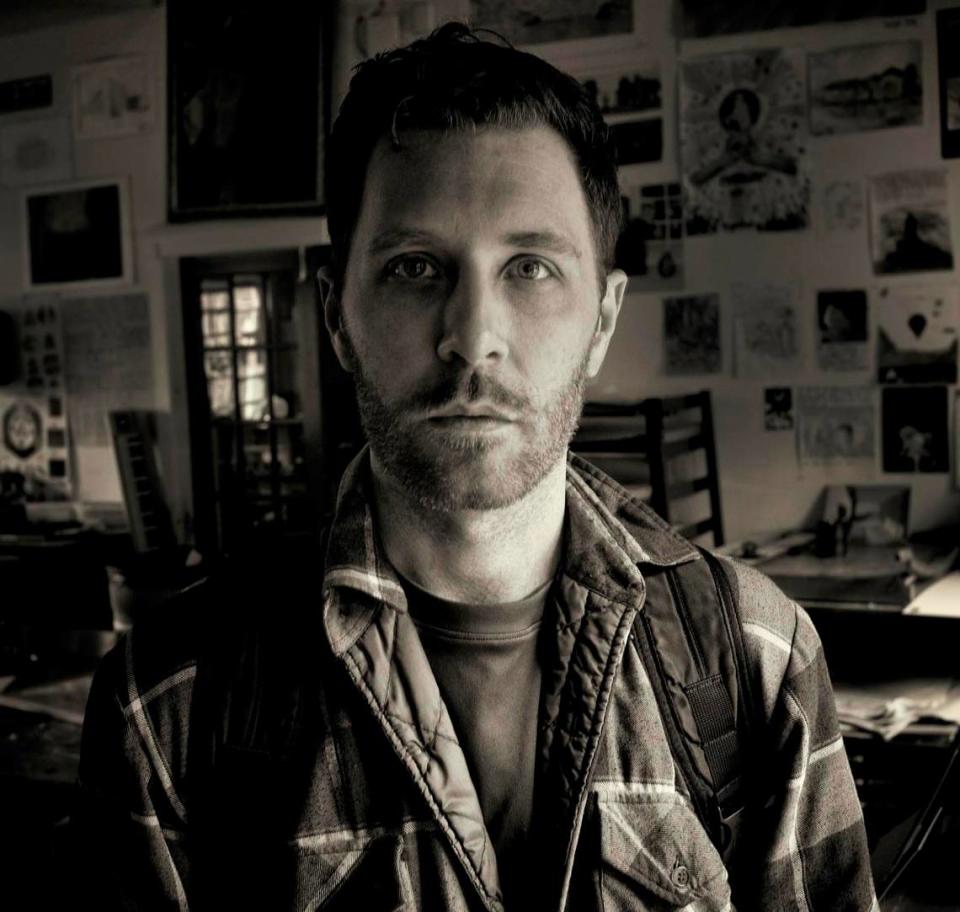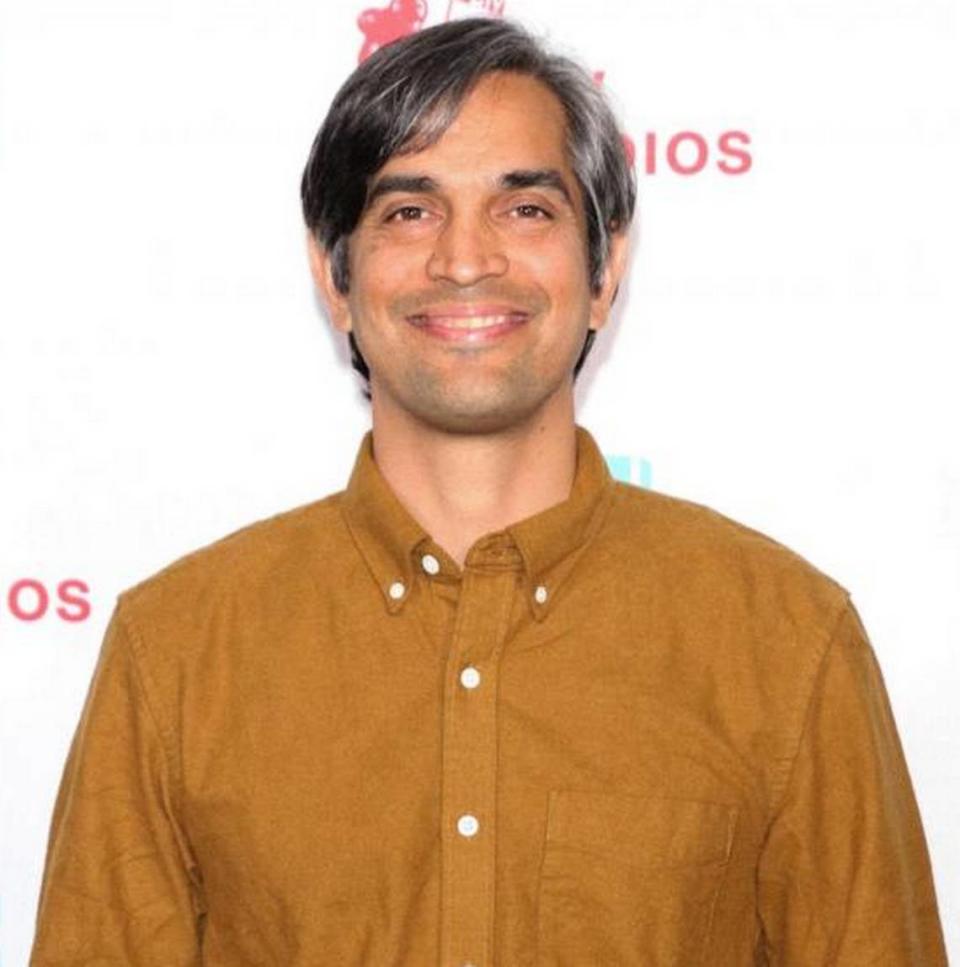Documentary ‘Last Out’ plays hardball as it details the trafficking of Cuban baseball players | Opinion
We spent eight years exploring a part of the game that Major League Baseball doesn’t want you to see. Far from the bright lights of the majors, promising young Cuban players are forced to make deals with smugglers as they chase their dreams of playing in the big leagues. That’s the core of our documentary, “The Last Out,” which premieres Friday in theaters.
At a time when millions marvel at the rise of Houston Astros superstar Yordan Álvarez, our documentary asks what responsibility, legally and morally, the authorities with MLB, the U.S. government and the Cuban government have to the thousands of Cuban baseball exiles who weren’t so lucky. These are players who have been trapped between countries and had their dreams used against them.
In 2014, we began documenting the journeys of a group of talented former Serie Nacional regulars trying to make their way to the United States. Little did we know that the project would shine a light on the shadowy nexus between pro sports and the migrant trail where young athletes are exploited and trafficked.
More than a decade ago, “Moneyball” author Michael Lewis wrote that one of the new market inefficiencies in baseball was the pipeline of cheap Cuban talent. The bargain deals signed for Aroldis Chapman, Yasiel Puig, Jose Abreu and Yoenis Cespedes only confirmed Lewis’ hypothesis and fueled an exuberant five-year period where talent-hungry teams gave away reckless contracts. The result was a market bubble and an exodus of Cuban players that decimated the Serie Nacional.
Our main characters, Happy Oliveros, from Guantánamo; Carlos O. González, from Holguín; and Victor Ernesto Baró, from Ciego de Avila, left Cuba around this time. They trained in Costa Rica under the guidance of Cuban-American Gustavo Dominguez. Lewis wrote that Dominguez invented the market for Cuban ballplayers in the 1990s. He was so successful that Castro denounced him on “Mesa Redonda.”
But Dominguez also drew the U.S. government’s ire and was convicted by federal prosecutors on smuggling charges that seem dubious. Dominguez was a staunchly anti-Castro Cuban American punished by the U.S. government for running a successful business that operated in a vacuum because of MLB’s indifference.
While our film documents Dominguez’s dramatic clashes with our ballplayers over the best path forward, he is simply taking advantage of a world where, for too long, MLB has turned a blind eye to corruption. Rather than a free, open market where the players could get competitive offers for their labor, what’s been created is a black market where many players end up in predatory relationships with agents, smugglers and scouts.
Recently, some in U.S. law enforcement have been trying to bring order to this chaotic Wild West. On top of the 2017 conviction of prominent MLB agent Bart Hernandez for trafficking Cubans, it was revealed in 2019 that the Justice Department has an active investigation into several Major League teams and has subpoenaed extensive documents that pertain to this underground pipeline of Cuban talent.
This year marks the 60th anniversary of the Serie Nacional’s first championship under the Castro regime as well as the 60th anniversary of the Cuban missile crisis — two massive milestones that show that the future of Cuban baseball is inexorably tied to geopolitics. We hope that MLB doesn’t sell out players to the Cuban government while it steps up to close the loopholes and proactively works to end this underground market.
In an era of athlete empowerment, we’re inspired by the efforts of the Association of Professional Cuban Baseball Players, led by Orlando Hernández and Brayan Peña, seeking to unify the Cuban team before the 2023 World Baseball Classic. A deal may not get done by the time the WBC begins in February, but at the very least, they are changing the conversation and forcing us to consider the athletes’ perspectives.
Cuban greats Minnie Miñoso and Tony Oliva finally got their due this summer when they were inducted into the Baseball Hall of Fame. Let’s make sure this signals a shift where Cubans’ accomplishments and contributions to the game can’t be ignored any longer. Ending the illicit market for their talents and MLB agreeing to an independent investigation into corruption in the international free-agent market would be excellent next steps.
Michael Gassert and Sami Khan are co-directors of the documentary “The Last Out,” which will premiere in theaters Friday and will be broadcast on PBS on Oct. 3.



 Yahoo Movies
Yahoo Movies 
